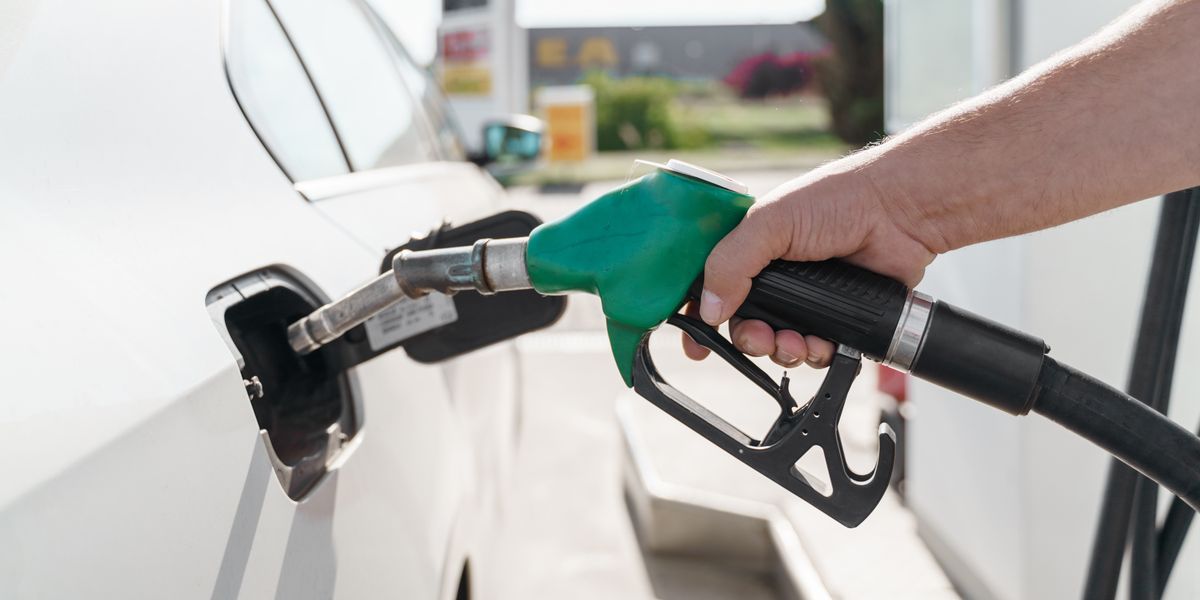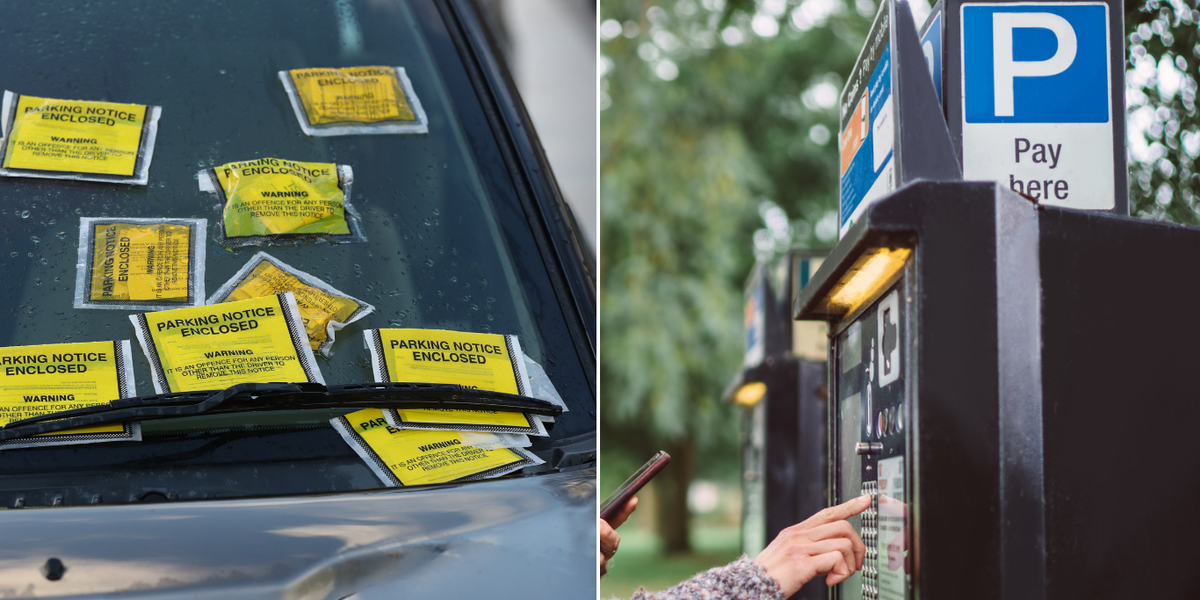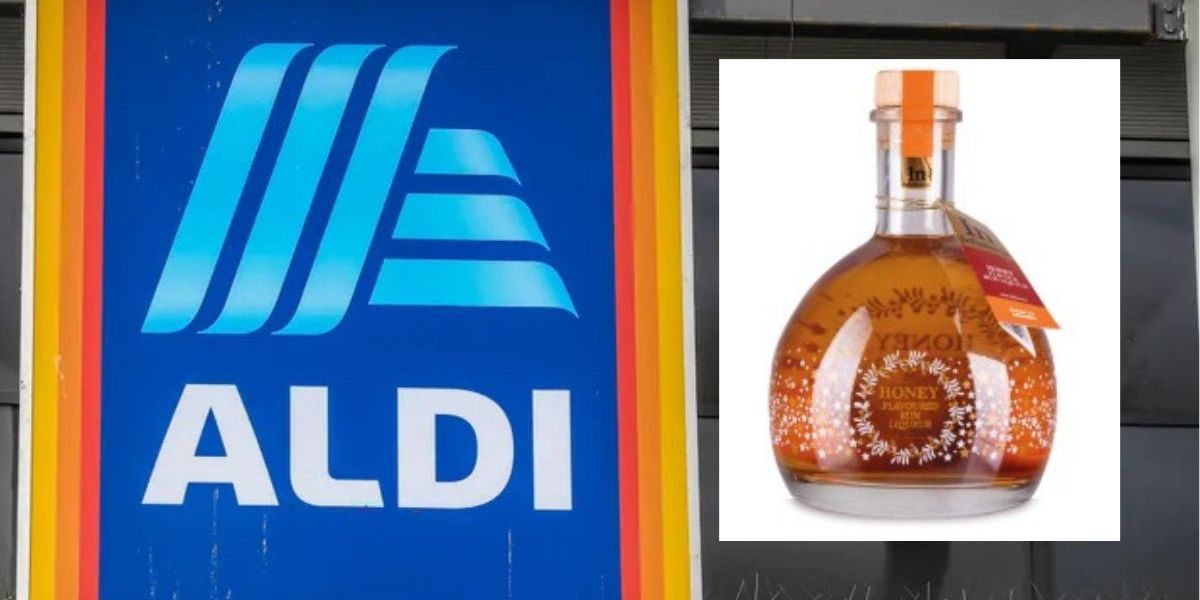Stellantis has announced that its complete range of cars and light commercial vehicles is now fully compatible with a major new fuel.
The automotive manufacturer confirmed that both of its current vehicles and many existing Euro 5 and Euro 6 models can run on Hydrotreated Vegetable Oil (HVO) Diesel fuel to traditional diesel.
The development marks a significant step in the company’s environmental commitment, offering drivers a more sustainable fuel option without requiring vehicle modifications.
HVO is a biofuel produced from renewable raw materials, including used vegetable oils, animal fats and waste cooking oils.
Do you have a story you’d like to share? Get in touch by emailing[email protected]
Stellantis is taking steps to improve electrification and more environmentally-friendly fuels
STELLANTIS
Unlike traditional petrol-based diesel, HVO undergoes a specific hydrogenation process during production which creates a cleaner, sulphur-free fuel.
This contains significantly reduced levels of pollutants, while still delivering the same performance as conventional diesel.
The compatibility extends to numerous Stellantis vehicles with Euro 5 and Euro 6 engines marked with XTL on their fuel filler neck.
Several non-XTL Euro 6 diesel engines are also validated for HVO use, including the 1.3, 1.6, 2.0, and 2.2 MultiJet variants.
The range of compatible engines further includes the 3.0 V6 MultiJet and the 2.3 MultiJet specifically for the Fiat Ducato.
A statement from Stellantis said: “By broadening the adoption of green Diesel, Stellantis reinforces its commitment to protecting the environment and offering its customers sustainable choices that meet their needs.”
The brand, based in Hoofddorp, Netherlands, is also moving forward with its plans to decarbonise transport through electric vehicles and improve the efficiency of existing technology.
Stellantis recently announced that it would begin road-testing solid-state batteries in 2026, marking a significant step forward in electric vehicle technology.
The automotive giant will deploy a fleet of Dodge Charger Daytonas equipped with batteries manufactured by American start-up Factorial to validate their performance in real-world conditions.
Factorial’s solid-state cells boast an impressive energy density of over 390Wh/kg, significantly outperforming current lithium-ion batteries which typically achieve around 270Wh/kg.
Experts have noted that the new measures could revolutionise electric vehicles, enabling them to achieve longer ranges while reducing overall vehicle weight.
These improvements could address two key challenges in current electric vehicle technology: limited range and heavy battery packs.
LATEST UPDATES:
Stellantis said this was proof of its commitment to ‘protecting the environment’
STELLANTIS
Stellantis plans to prioritise the implementation of solid-state batteries in vehicles based on its STLA Large platform, which includes models from Alfa Romeo, Maserati, Jeep, Dodge and Chrysler in the D- and E-segments.












